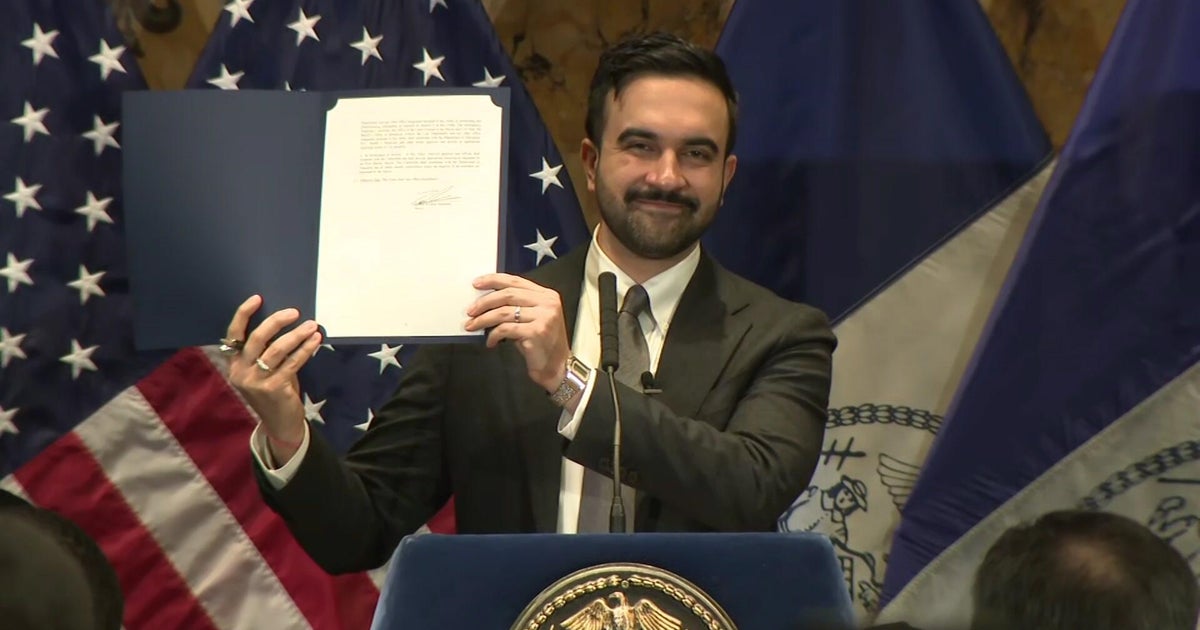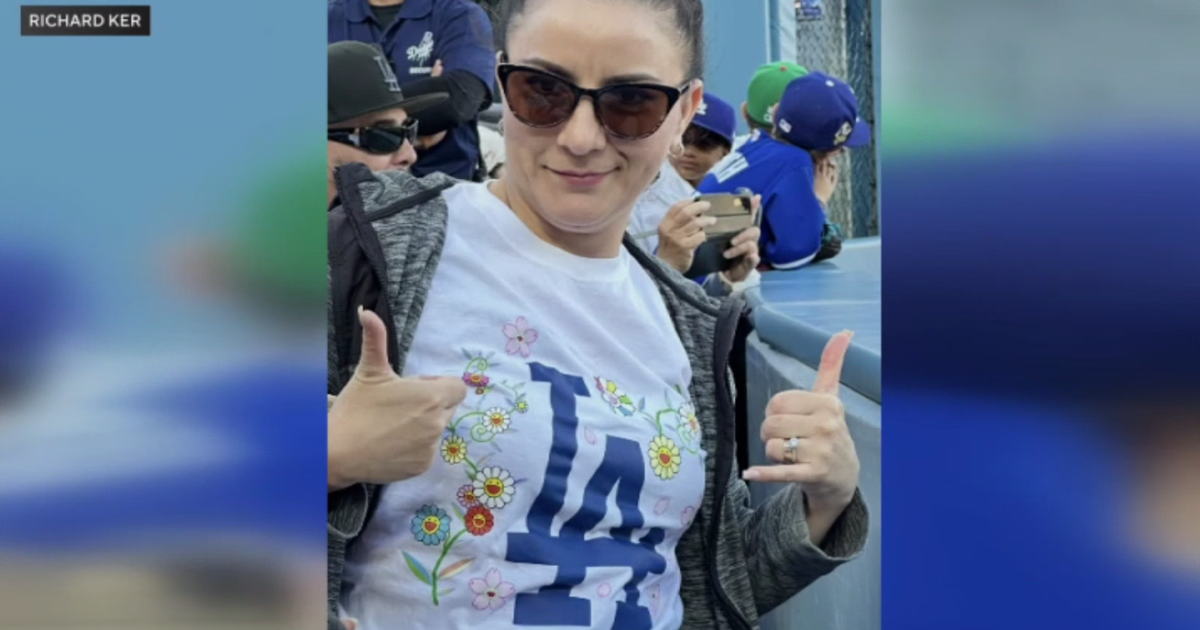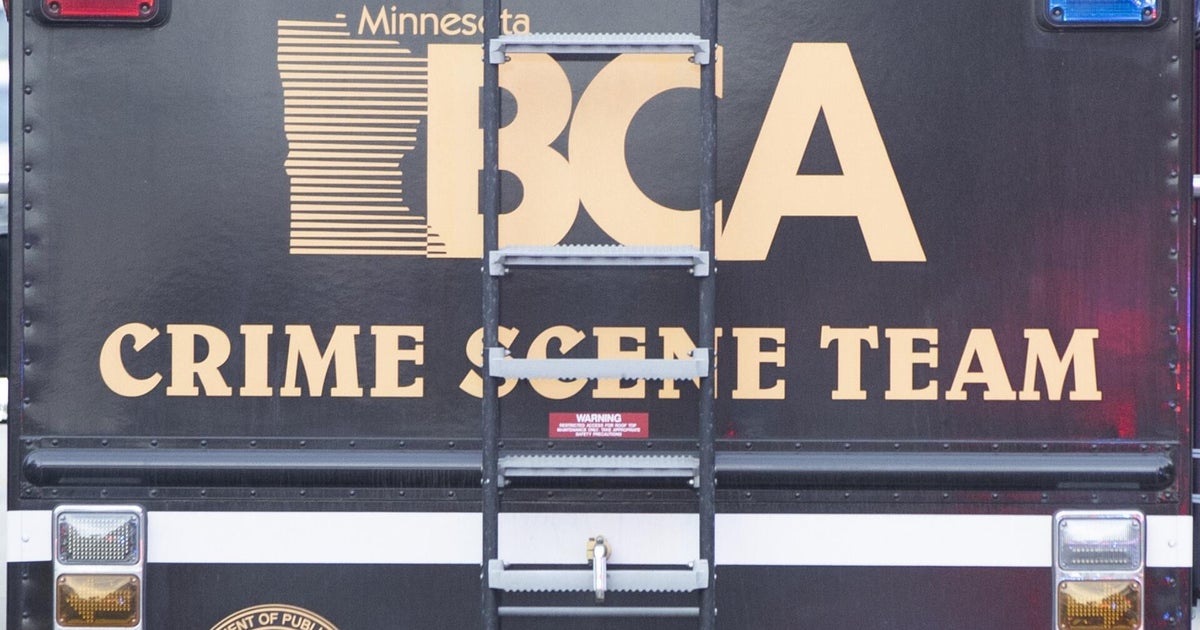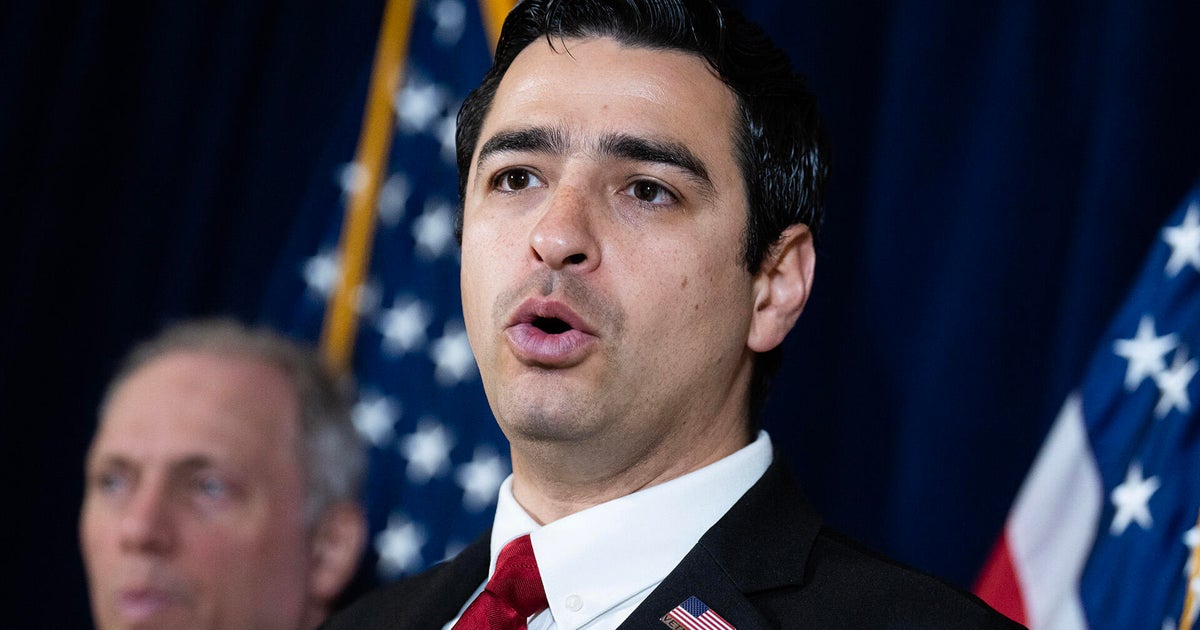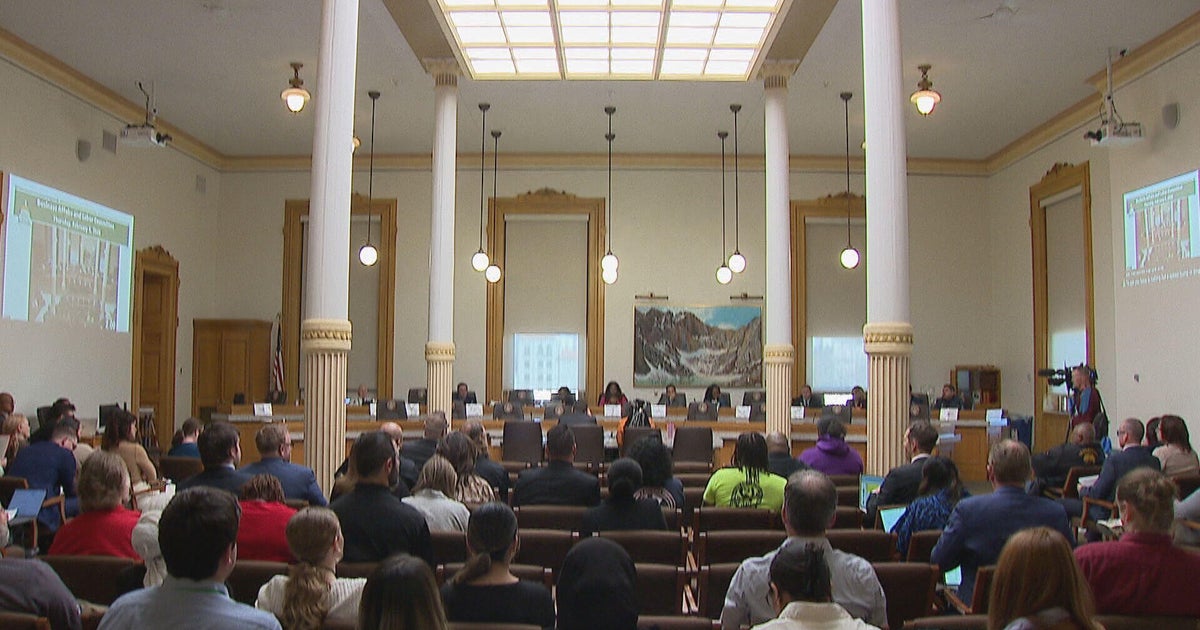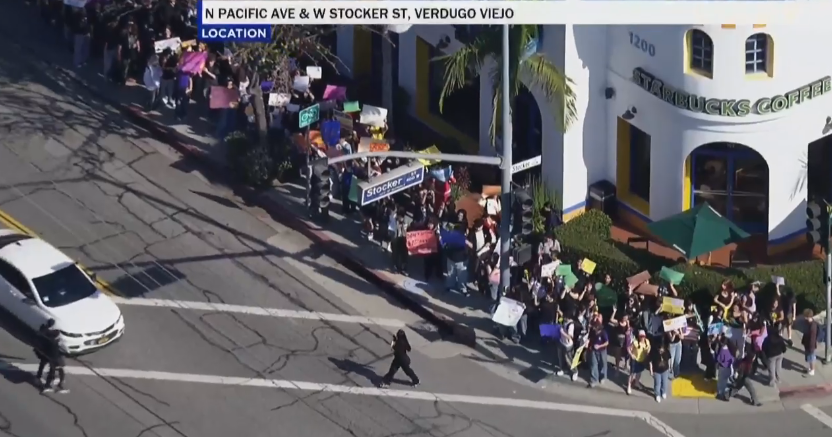Florida Senate panel backs immigration crackdown plan
TALLAHASSEE - A key Florida Senate panel has approved a measure aimed at expanding Gov. Ron DeSantis' crackdown on illegal immigration, drawing pushback from opponents who called it an attack on the state's migrant community.
The measure (SB 1718) would beef up sanctions against businesses that hire undocumented immigrants, allow state law-enforcement officials to conduct random audits of businesses' compliance with the law, and increase criminal penalties for human smuggling.
The proposal also would ban local governments from giving money to organizations to create identification cards for undocumented immigrants and would establish that Florida will not recognize driver's licenses issued to undocumented immigrants in other states.
The bill, sponsored by Spring Hill Republican Blaise Ingoglia, also would require hospitals that receive Medicaid reimbursements to begin tracking how much money is spent on undocumented immigrants in emergency rooms. And it would repeal a 2014 state law allowing undocumented immigrants to practice law in Florida.
Part of the proposal aimed at curbing human smuggling would make it a felony for people to "transport, conceal, harbor, or shield from detection" a person they know or "reasonably should know" has "entered the United States in violation of law and has not been inspected by the federal government since his or her unlawful entry."
Opponents of the measure said Wednesday the changes could potentially put hundreds of thousands of Floridians - including landlords, lawyers, and religious leaders - at risk of becoming criminals if they are caught with people who are in the country illegally.
Felipe Sousa-Lazaballet, executive director of Hope Community Center in Apopka, said he is a U.S. citizen but lived in the state for 15 years as an undocumented immigrant.
"This government overreach would literally make me a felon for giving a ride to my loved ones. This bill seeks to criminalize our God-given right to love our family," Sousa-Lazaballet said. "For us people of faith, we believe in mercy. Jesus was a refugee, and the Bible calls us to welcome strangers. People of faith will be criminalized for exercising their faith."
Dozens of people urged the Senate Rules Committee to reject the measure before the Republican-dominated panel voted 15-5 along party lines to approve the bill.
Critics also argued that the hospital data-collection requirement in the bill could discourage already-wary undocumented immigrants from seeking needed health care.
Mary Herrera, whose family is from Guatemala, told the panel that her father, who picked blueberries in the Gainesville area, spent 16 years "fighting to become a citizen." He returned to his home country for hernia surgery because he was "scared to receive care in this country or this state."
"My fear in this bill is that it's going to cause a lot of hate and chaos in these hospitals, and these immigrants going through the immigration system now are not going to have access to their care," Herrera said.
Sen. Shevrin Jones, D-Miami Gardens, called the bill "cruel."
"What we are about to vote on today is not only an economic nightmare, it is an education nightmare. It is an operational nightmare. It is a criminal-justice nightmare and, most importantly, it is a human-rights nightmare," Jones said.
Ingoglia defended the proposal, saying it would not affect immigrants who have "checked in with" federal officials after entering the country.
The bill "doesn't touch" people who are awaiting immigration court dates, he said.
"We've heard the same thing over and over again, where we're demonizing immigrants, we're demonizing migrants. That is not the case. We are demonizing illegal immigrants," Ingoglia said.
DeSantis, who has not declared his candidacy but is considered a top contender for the Republican presidential nomination in 2024, has frequently clashed with President Joe Biden's administration over immigration issues. Last month, the governor rolled out a sweeping immigration plan that mirrored Ingoglia's bill.
DeSantis has taken a number of steps to highlight illegal immigration, drawing national scrutiny last fall for using state funds to fly 49 migrants from Texas to Martha's Vineyard, Mass.
DeSantis and Attorney General Ashley Moody also filed a lawsuit challenging Biden administration policies that led to people being released from detention after crossing the U.S. border with Mexico. U.S. District Judge T. Kent Wetherell last week backed the state's arguments. He blamed the Biden administration for an influx of migrants and rejected the federal government's rationale for its policies, likening the approach to "a child who kills his parents and then seeks pity for being an orphan."
Ingoglia said his plan is intended to force the federal government to act on the broken immigration system.
"I feel for the immigrant community. I feel for the illegal immigrant community," he said. "This is the point we are at now. We have to fix this system, and they continue to refuse to do it. They will only act when they have to and when an external force pushes back. Florida is that external force right now."
Ingoglia said he wanted the legislation to become a model for other states to mimic, "specifically Texas."
"The only way we're going to fix it is if we start pushing back. This is our shot at pushing back. Sorry for the passion, but I want the federal government to get off their ass and start doing something," he said.
But Paul Chávez, an attorney with the Southern Poverty Law Center Action Fund, said the bill "is frankly astonishing and represents an unprecedented attack on Florida's immigrant community."
"It frankly appears to be cruelty for cruelty's sake," he said.
The proposal "immediately exposes hundreds of thousands of Floridians, both citizens and non-citizens alike, to felony charges," he argued, including "the immigration attorney who drives her client to court."
"SB 1718 will push hundreds of thousands of people into the shadows - documented, undocumented; inspected, uninspected; authorized, unauthorized. It's detrimental to public safety. The bill creates distrust in law enforcement. It makes sure people don't want to report crimes, and it makes all of us less safe," Chávez said.

